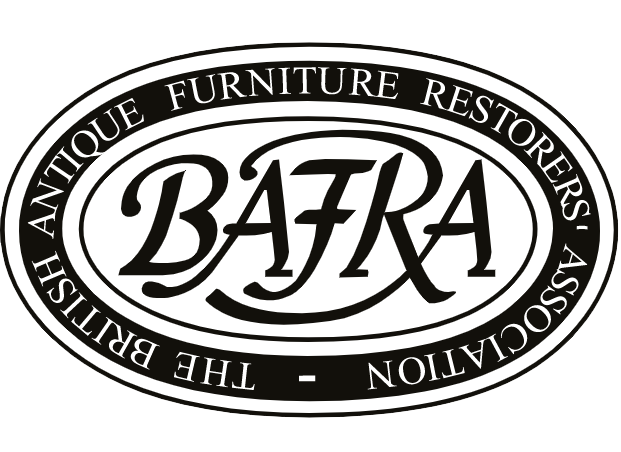
Pipe Organ Restoration & Repair
At BAFRA, we provide access to pipe organ restoration and repair. Every member has been rigorously assessed and vetted. Our members are all established businesses that are fully accredited and work to the highest standards and ethics.
Pipe Organ Restorers at BAFRA
Pipe organ restoration is a specialised craft focused on preserving and revitalising these grand and intricate instruments. Often found in churches, concert halls, and historic buildings, pipe organs are a unique blend of mechanical engineering and musical artistry. Over time, these instruments can suffer from wear, environmental damage, and ageing materials, leading to issues such as air leaks, broken pipes, and faulty mechanics.
The restoration process begins with a thorough assessment of the organ’s condition, identifying both visible damage and internal problems like deteriorating leather, rusted metal components, or electrical faults in modern organs. The goal of restoration is to bring the instrument back to its original or optimal playing condition while preserving as much of the historical fabric as possible. BAFRA restorers employ a variety of techniques, from cleaning and re-voicing pipes to replacing worn-out parts and restoring woodwork and finishes. Period-appropriate materials are used to ensure authenticity. Where necessary, the organ’s tuning and voicing are meticulously adjusted to recapture its original sound.
BAFRA members are well-versed in the complexities of pipe organ restoration, ensuring each project is completed with the highest level of care and craftsmanship. Their expertise ensures that these magnificent instruments continue to enrich cultural and religious spaces for generations to come.
Pipe Organ Restoration FAQs
What is pipe organ restoration?
Pipe organ restoration is the process of repairing and conserving the components of a pipe organ to restore its original functionality and sound quality. This includes fixing mechanical issues, such as air leaks and broken pipes, as well as addressing deteriorated materials like leather and wood. The goal is to return the organ to its optimal playing condition while preserving its historical and artistic value, ensuring it continues to enrich musical and cultural settings.
What types of damage are common in pipe organs?
Common damage in pipe organs includes air leaks in the wind system, broken or out-of-tune pipes, and worn-out leather and felt components. Metal parts may suffer from rust or corrosion, while wooden elements can experience warping or deterioration. Electrical systems in modern organs may also fail or become faulty. Environmental factors like humidity and temperature fluctuations contribute to these issues, affecting the instrument’s performance and longevity.
How do BAFRA restorers assess a pipe organ’s condition?
BAFRA restorers assess a pipe organ’s condition through a detailed examination of its mechanical, acoustic, and structural components. They inspect pipes for damage and tuning issues, evaluate the wind system for air leaks, and check the condition of leather, felt, and metal parts. Electrical systems are tested for functionality. The assessment also involves evaluating the organ’s playability and sound quality. This comprehensive evaluation helps determine the necessary repairs and restoration work required to return the organ to optimal condition.
How long does pipe organ restoration take?
The duration of pipe organ restoration varies based on the instrument’s size, complexity, and condition. Minor repairs may take a few weeks, while more extensive restorations involving significant mechanical, acoustic, and structural repairs can span several months. Factors such as the availability of materials, the extent of damage, and the detailed nature of the work contribute to the timeline. Restorers ensure that each phase of the restoration is completed with precision to maintain the organ’s authenticity and performance.
What materials are used in pipe organ restoration?
Pipe organ restoration employs a variety of materials tailored to the specific needs of the instrument. Common materials include period-appropriate woods for structural repairs, metals for pipe restoration, and leathers or felts for wind system components. Modern materials may be used where necessary, such as for synthetic substitutes that replicate traditional materials. BAFRA restorers select materials based on their compatibility with the original components to ensure authenticity and preserve the organ's historical and musical integrity.
Why choose a BAFRA restorer for pipe organ restoration?
Choosing a BAFRA (British Antique Furniture Restorers' Association) restorer ensures expert handling of your pipe organ, combining specialised skills with a commitment to preserving historical integrity. BAFRA members adhere to high standards of craftsmanship, using traditional techniques and appropriate materials to maintain the organ’s original sound and structure. Their extensive knowledge and experience in restoration guarantee meticulous attention to detail, ensuring that your pipe organ is restored with the utmost care and respect for its heritage.
Find BAFRA Accredited Pipe Organ Restoration & Repair Specialists
All accredited, full members are required to have at least five years as a conservation-restoration professional (the average member today has 23 years of experience) and pass an exacting assessment on their skills, knowledge and business credentials. Our members acknowledge the importance of continuous professional development to keep abreast of advances in knowledge, skills and technical developments in pipe organ restoration and repair.
Find BAFRA-accredited pipe organ restoration specialists near you by clicking the button below and entering your postcode.

